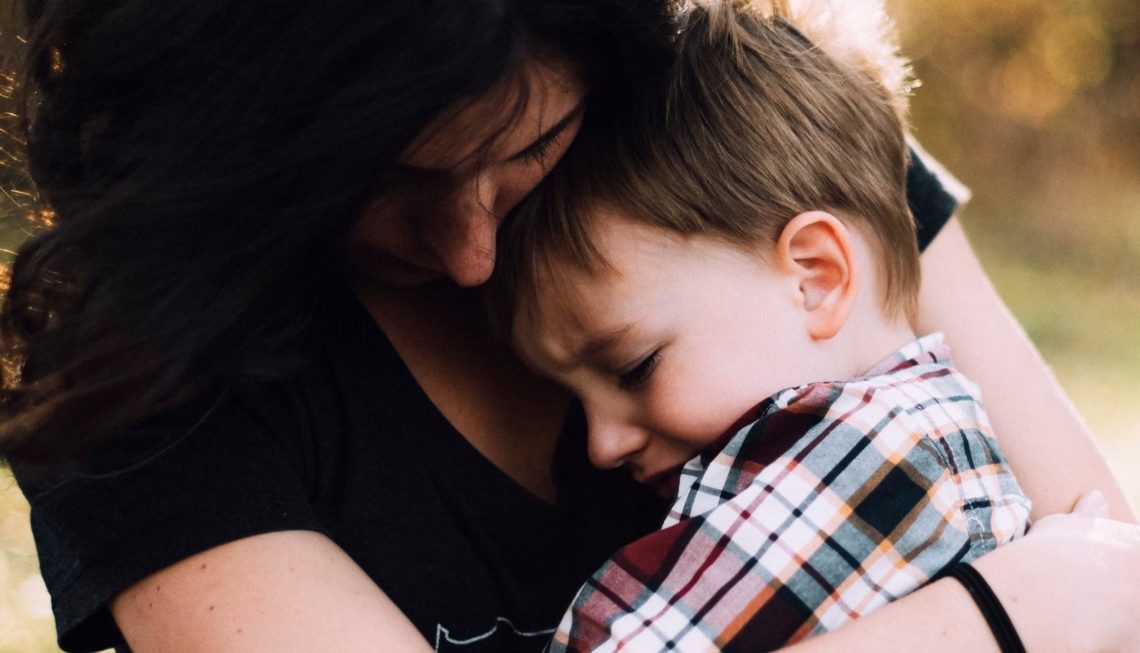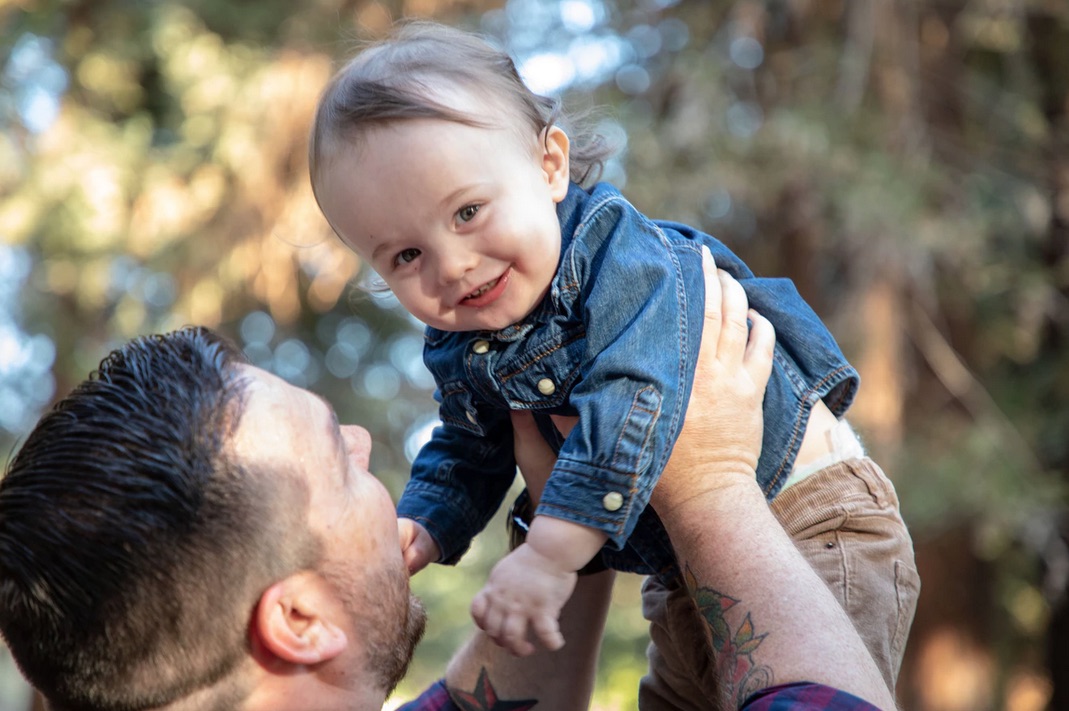
Typically, a judge will decide custody based on the best interests of the child. Factors like physical and emotional needs, safety, stability of home, cooperation between parents, parenting skills, etc., all help a judge determine what type of custody parents get over their child during a divorce.
But what happens when domestic violence occurs? Any physical or mental abuse that takes place is always considered during child custody hearings. Domestic violence can strongly affect which parent gets custody of their child. Depending on the severity of abuse, a parent can lose custody completely or be granted limited parental rights.
This article discusses how domestic violence can impact child custody and visitation rights in Texas.
Child Custody in Texas
The goal of child custody is for a judge to determine what custody situation is in the best interest of a child’s physical and emotional needs. Texas child custody is divided into two categories: conservatorship and possession/access. Conservatorship grants a parent (s) the right to make decisions such as medical, educational, religious, etc., regarding their child; where possession and access decides which parent lives with the child and determines the frequency of the other parent’s visitation.
If a parent has a history of domestic violence, a judge would then take that into consideration when coming to a decision.
Domestic Violence in Texas
Texas law defines domestic violence (aka: family violence) as a family member that causes or intends to cause physical harm or fear if immediate harm, injury or sexual assault to another family member. Harm of this nature can include physical violence or mental abuse including threats to hurt a family member.
Several resources and protections exist for victims of domestic violence and their children in the Texas court system. If you or a family member find yourself a victim of domestic violence, call the National Domestic Violence Hotline at (1-800) 799 – SAFE (7233), and use the Texas Family Violence Resource Center to help you locate programs and shelters that fit your situation.
Protective Orders
A protective order can be considered in instances where abuse has been ongoing or where the victim fears future abuse. A protective order can be granted if a judge determines that abuse has occurred and is likely to occur in the future.
In cases where custody hasn’t been determined, a court will look into the accused parent and determine a history of abuse exists. One way they do this is by seeing if a protective order was granted against a parent during the previous two years. Remember, it only takes on instance of domestic violence or abuse to be deemed a “history” of abuse; meaning, even one episode can drastically impact a parent’s rights during custody hearings.
How Domestic Violence Impacts Custody Decisions
Texas law prohibits courts from granting parents joint conservatorship if a history or pattern of physical or sexual abuse has been found. Texas law also prohibits parents to obtain possession of a child if that parent has a history of family violence found within the previous two years, of if they have sexually assaulted or abused the child. These factors are taken into consideration when a court comes to a custody decision.
Even though domestic violence can significantly limit a parent’s chances at obtaining custody, the abusive parent can still obtain some rights and access to their child if the court can determine if the child’s physical and emotional health would not be at risk by the abusive parent’s access or visitation, if the visitation or access would be in the child’s best interest, if a visitation order is designed to protect the child, and if the abusive parent completes a treatment program and has supervised visitation.
Supervised Visitation
Supervised visitation means a parent cannot be alone with their child without the supervision of another adult. Texas courts believe that it’s not in the best interest fo a child to have unsupervised visits with an abusive parent. If the abusive parent in question wanted to have unsupervised visits with heir child in the future, they would need to prove to a judge that the child would be safe in their care and that there will be no abuse in the present and in the future.
Termination of Parental Rights
Although this is a last resort, a complete termination of parental rights can occur. A court can choose to terminate a parent’s visitation rights in extreme circumstances where serious injury or sexual assault occurs. The termination would happen if the court finds it in the best interest of the child to do so.
Hire the Help of a Family Attorney
If you are in the middle of a divorce and find yourself or your child a victim of domestic or sexual abuse, seek the advice of an experienced family law attorney. These situations are difficult and can have impacts to the family and their mental health. That’s why it’s important to have someone on your side that can guide you through the process and provide advice and perspective. If this is a situation that you or someone you know is in and need legal counsel, contact us for help.










